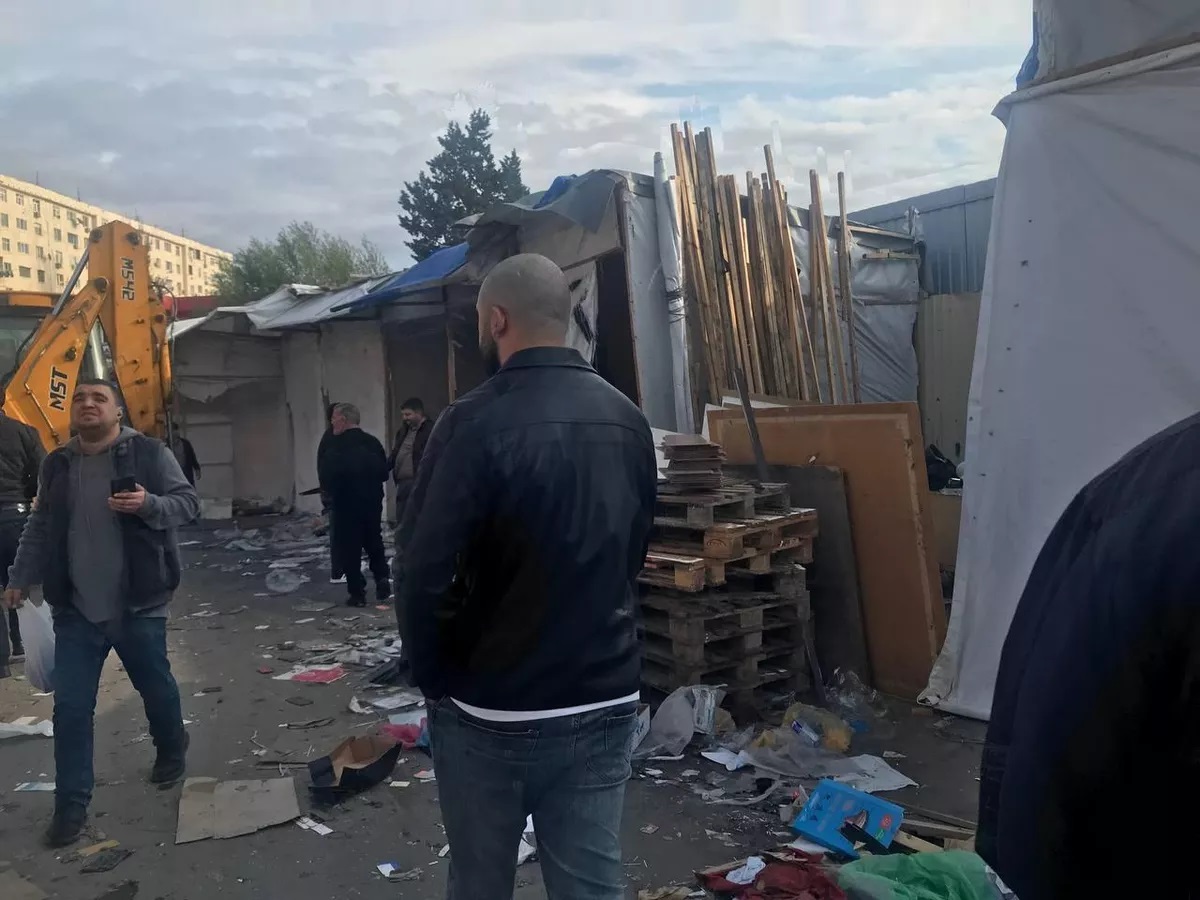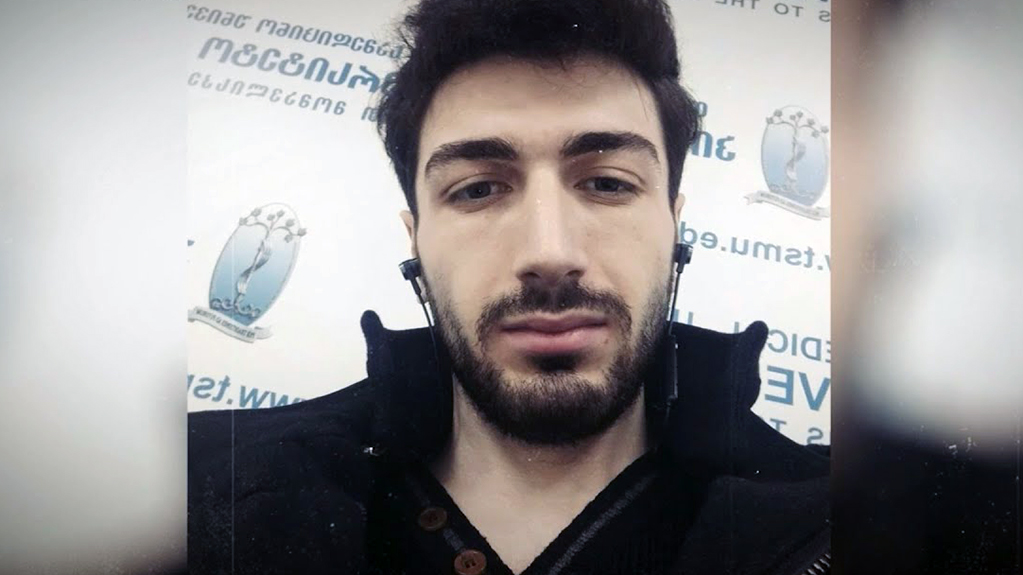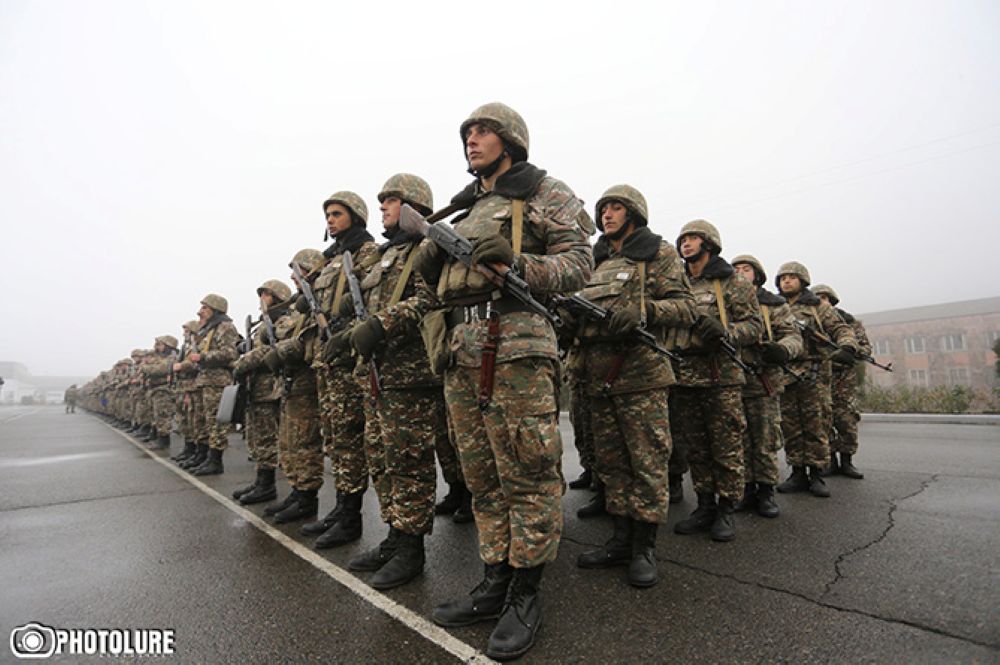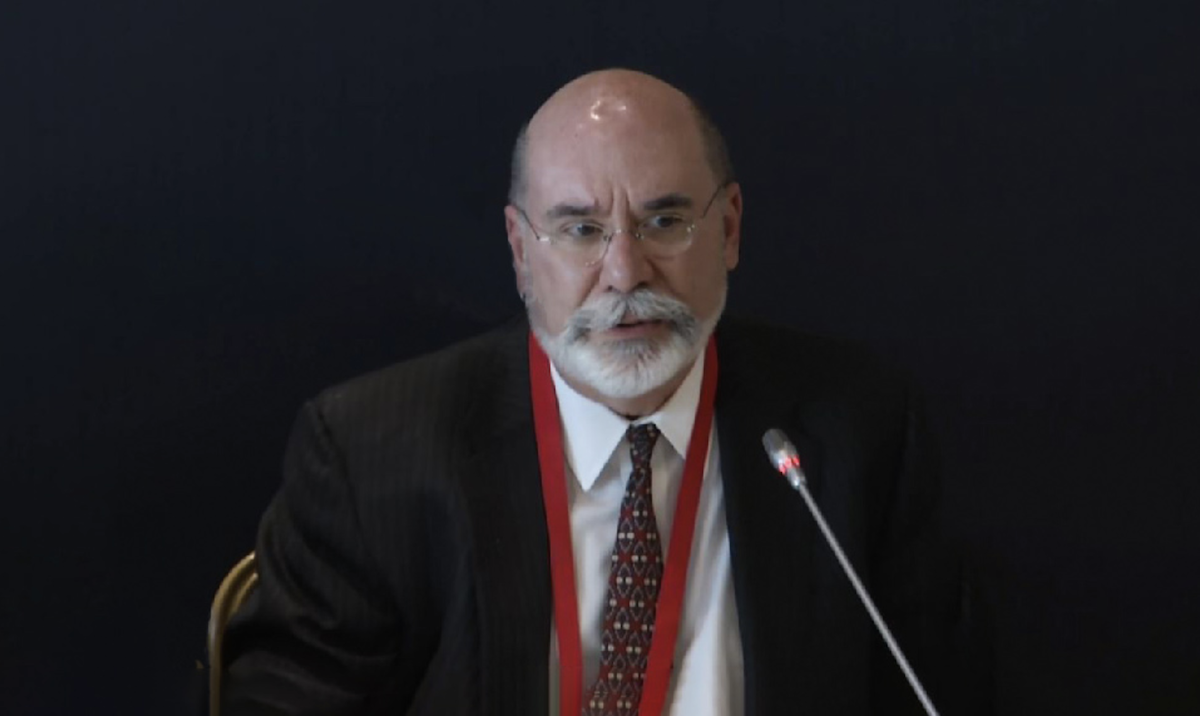COP29: What to know about climate summit in Azerbaijan
COP29 in Azerbaijan
Today, the COP29 summit on global climate action opened in Baku, bringing together world leaders for a two-day event.
Azerbaijani President Ilham Aliyev and UN Secretary-General António Guterres welcomed the attending officials at the summit.
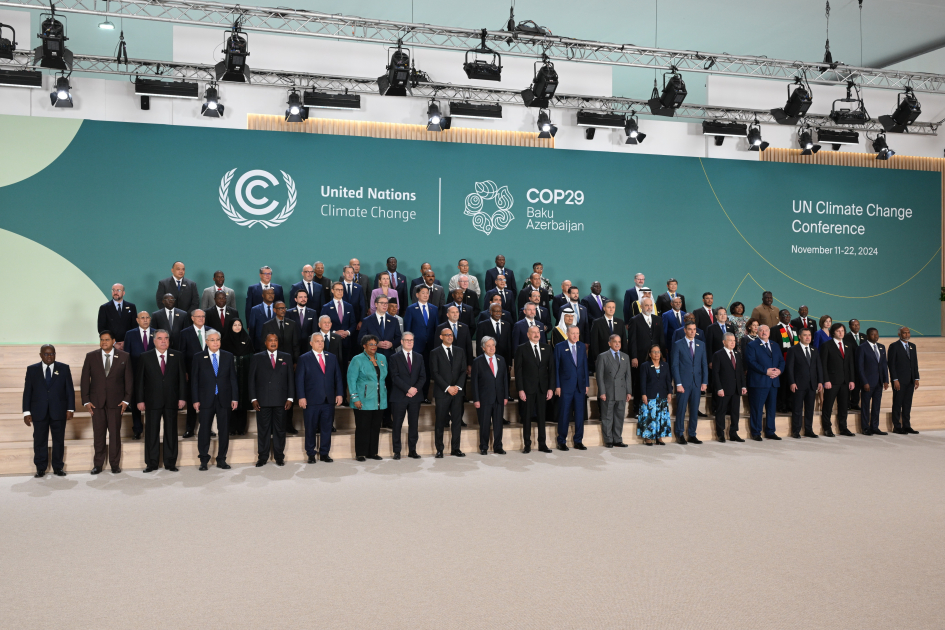
Among the summit participants are Turkish President Recep Tayyip Erdogan, Pakistani Prime Minister Muhammad Shehbaz Sharif, Polish President Andrzej Duda, Moldovan President Maia Sandu, Hungarian Prime Minister Viktor Orban, Council of Europe Secretary-General Alain Berset, European Council President Charles Michel, UK Prime Minister Keir Starmer, Brazilian Vice President Geraldo Alckmin, Belgian Prime Minister Alexander De Croo, Georgian Prime Minister Irakli Kobakhidze, Iranian Vice President Shina Ansari, Vatican Secretary of State Pietro Parolin, and Czech Prime Minister Petr Fiala.
Leaders from Slovakia, Serbia, Belarus, Iraq, Finland, Montenegro, the Republic of Congo, the UAE, Bulgaria, Togo, Uzbekistan, Tajikistan, Kyrgyzstan, Zimbabwe, Guinea-Bissau, São Tomé and Príncipe, Mongolia, North Macedonia, and others have also arrived in Baku.
BP CEO Murray Auchincloss, World Bank President Ajay Banga, FIFA President Gianni Infantino, and European Bank for Reconstruction and Development President Odile Renaud-Basso are also in attendance.
German Chancellor Olaf Scholz apologized for missing COP29 in Baku due to a political crisis at home, and European Commission President Ursula von der Leyen is also absent.
Notably, leaders from the United States, China, Japan, Russia, France, and India are not attending this year’s largest climate summit.
The 29th session of the Conference of the Parties to the UN Framework Convention on Climate Change (COP29) began on November 11 in Azerbaijan’s capital, with 67,000 registered participants.
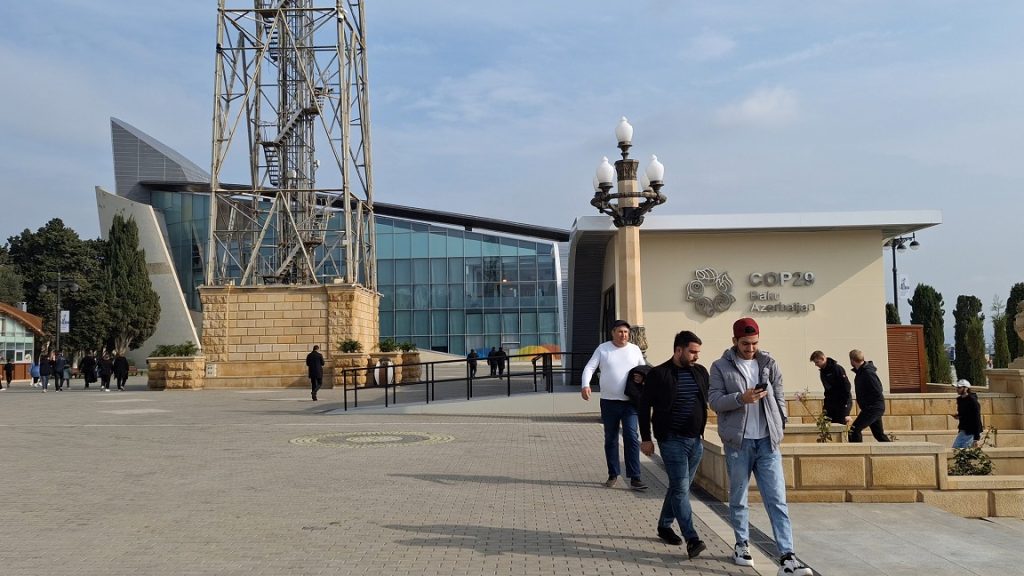
JAMnews presents an in-depth report prepared by the BBC’s Azerbaijan bureau, exploring the core objectives of COP, the expenses involved in organizing the event, the commitments made by nations worldwide to combat climate change, and Azerbaijan’s own “green promises.”
The 29th COP session, regarded as the world’s largest event focused on addressing global climate change, marks the biggest international gathering in Azerbaijan’s history.
One of COP29’s primary goals is to reach an agreement on a fair and ambitious New Collective Quantified Goal (NCQG) for climate financing.
This 29th “Conference of the Parties,” held annually in different countries, is taking place at Baku’s Olympic Stadium.
The Azerbaijani government has been preparing for this event for approximately 11 months, following the announcement that the UN Climate Change Conference would be held in Azerbaijan.
Can financial agreement be reached without major powers?
Preparations at the COP29 venue seem flawless, with a friendly, skilled, young staff ensuring high standards of efficiency and quality.
However, many key world leaders are notably absent, including China’s President Xi Jinping, India’s Prime Minister Narendra Modi, and leaders from Germany and France, all part of the G20. The reasons vary: one leader cited a crisis in their home country, another has strained relations with Azerbaijan’s government, and a third is awaiting a decision, with Trump potentially pulling the U.S. out of COP. Others may have opted to skip this conference, planning instead to attend COP30.
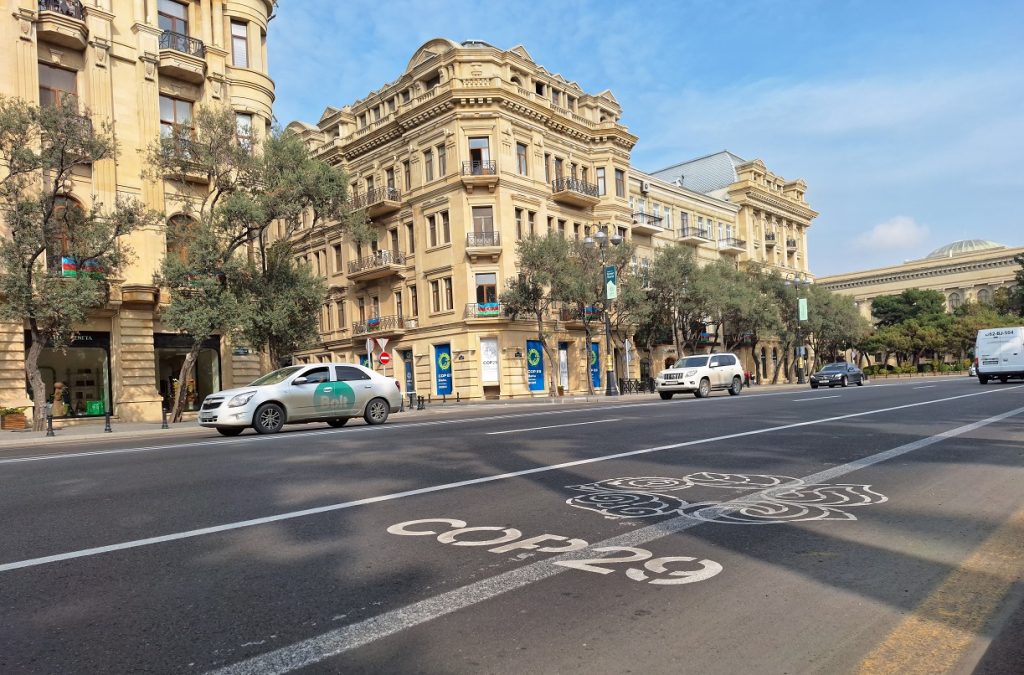
A primary goal of COP29 is to secure funding for poorer nations to reduce greenhouse gas emissions, especially from major countries most responsible for global warming. Yet, their absence dims hopes for a significant financial agreement to be reached at this conference.
What is COP29?
COP stands for the Conference of the Parties, with the number 29 indicating that this is the 29th event in the series.
The previous event, COP28, took place last year in Dubai, United Arab Emirates.
At COP conferences, the agenda is typically set, and discussions lead to the adoption of a final document.
At COP29 in Baku, it was announced that this year’s main themes would focus on the impacts of climate change and proposed funding for countries affected by its consequences.
What’s COP29’s goal?
In December 2015, the Paris Agreement was adopted at the 21st Conference of the Parties to the UN Framework Convention on Climate Change.
The document was signed on behalf of 171 governments by heads of state, prime ministers, and foreign and environment ministers.

Azerbaijan’s former Minister of Ecology and Natural Resources, Huseyn Baghirov, signed the agreement at the UN headquarters in New York in April 2016.
The goal of COP21 was to make progress toward limiting global CO2 levels to 1.5 degrees Celsius above pre-industrial levels, as outlined in the Paris Agreement.
CO2 emissions are widely considered a driver of global warming and climate change, making international cooperation essential to curb these emissions.
It was agreed that countries and stakeholders worldwide must unite and work collaboratively to restore the planet’s climate to pre-industrial conditions, a commitment that is discussed and refined at COP events.
Additionally, developed countries are raising funds to support developing countries in adapting to and mitigating climate change impacts.
Developing countries are already experiencing unavoidable effects of climate change and require financial and other support to address these challenges. Without such support, they will struggle to transition to clean energy and reduce global CO2 emissions.
The COP29 conference presents an opportunity for participating nations to make new commitments and take concrete action to tackle the climate crisis.
Tense debates at COP29
Environmental activists anticipate intense discussions at COP29.
The recent climate conference in Bonn, Germany, which was meant to be a preparatory meeting for COP29, left participants disappointed.
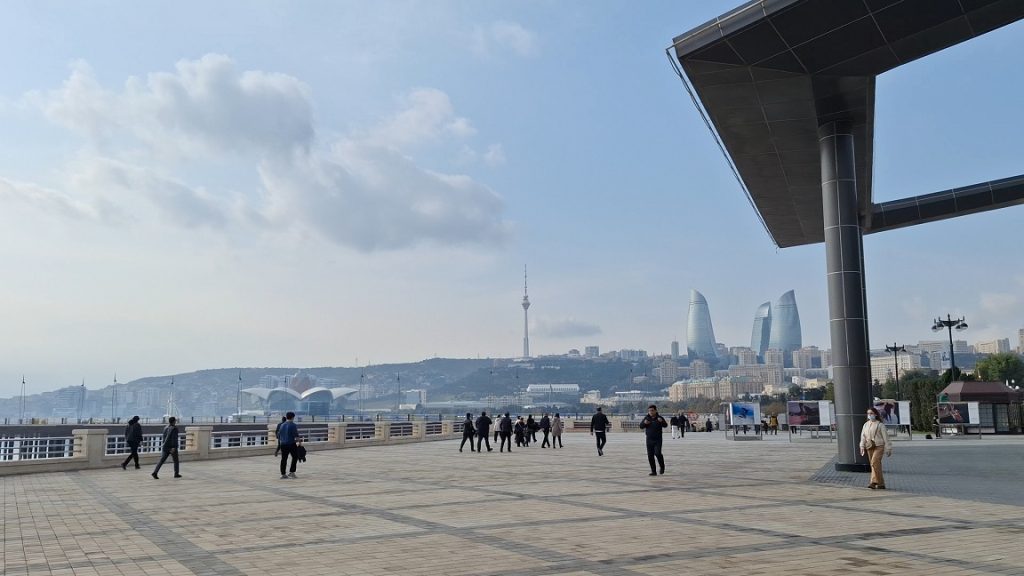
Back in 2009, countries agreed to allocate $100 billion annually to support climate initiatives by developed nations in developing countries.
In 2015, it was confirmed that this commitment would cover the years 2020 to 2025 under the Paris Agreement. According to a report by international organizations, the $100 billion target was met for the first time in 2022.
A “New Collective Quantified Goal” (NCQG) for climate financing is expected to be set for the period starting in 2025. This financial commitment is one of the key topics at COP29 in Baku.
$100 Billion or $1 Trillion—And Who Will Pay?
While developing countries claim they need between $1.1 and $1.3 trillion in funding, developed countries prefer to keep this amount at $100 billion or only increase it slightly.
A key point of contention is who should provide these funds. Some countries, including Norway and the United States, argue that China and other non-oil-rich nations should also contribute to climate funds.
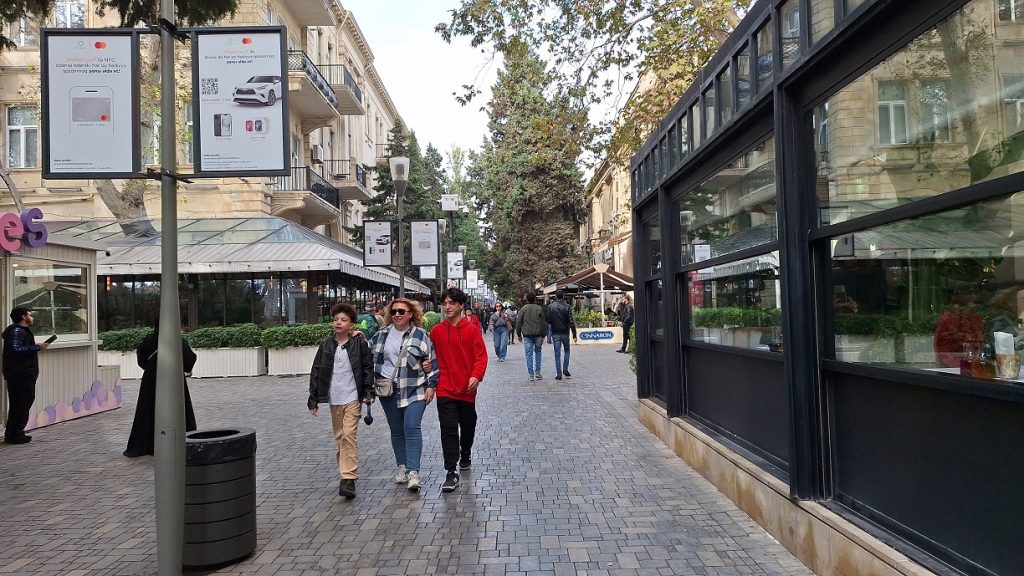
In May, COP29 President Mukhtar Babayev told The Guardian that Azerbaijan had requested countries to submit their reports well in advance of COP29 to help streamline financial discussions.
“If poorer countries can demonstrate their efforts to reduce emissions, adapt to the climate crisis, and account for any climate funding received, developed countries will have fewer reasons to deny them support,” he said.
At COP29 in Baku, developed countries are expected to set new global targets for climate funding to poorer nations, aiming to help them reduce greenhouse gas emissions and adapt to the impacts of extreme weather events.
What are Azerbaijan’s ‘green promises’?
Azerbaijani President Ilham Aliyev has declared 2024 the “Year of Green World Solidarity.”
The Ministry of Economy stated that transitioning to a green economy and becoming a sustainable energy supplier are key priorities in Azerbaijan’s economic policy, and the president’s decree will drive initiatives in this direction.
The ministry also noted that “SOCAR’s voluntary commitment to cut methane emissions to zero, made at COP28 in Dubai, reflects Azerbaijan’s sensitivity to climate issues.”
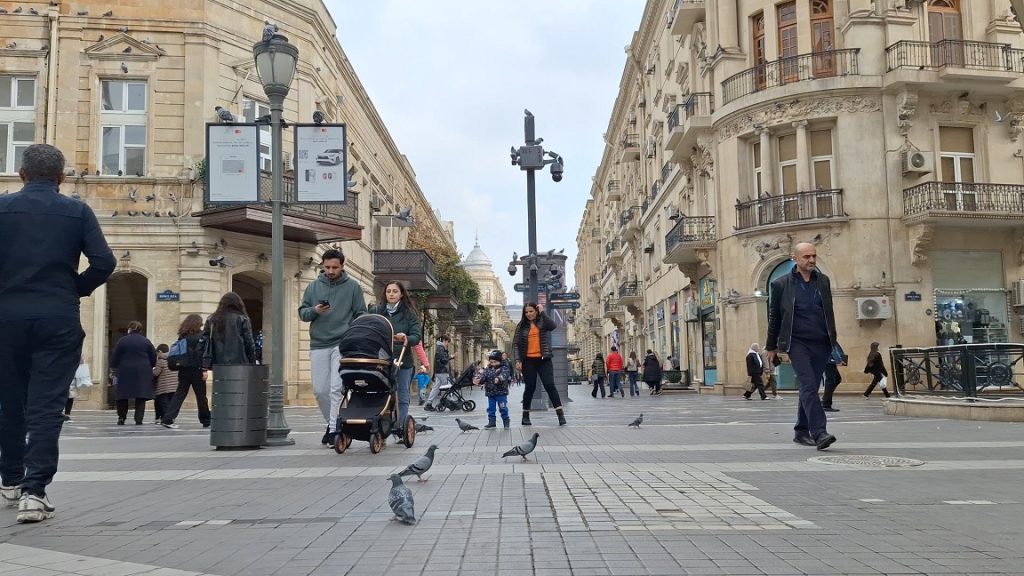
According to AzerTaj, Azerbaijan aims to reduce greenhouse gas emissions by 35% by 2030 and by 40 percent by 2050, compared to 1990 levels.
The country has announced plans to increase its renewable energy capacity to 30% by 2030 and to diversify its existing energy system.
Electricity, which makes up 20.3% of total capacity, currently leads Azerbaijan’s renewable energy sector.
“The President of the Republic of Azerbaijan has designated lands liberated from occupation as a ‘Green Energy’ zone, with an action plan for 2022-2026, aiming to transform these areas into a ‘Net Zero Emission’ zone by 2050,” AzerTaj reported.
COP29 in Azerbaijan













